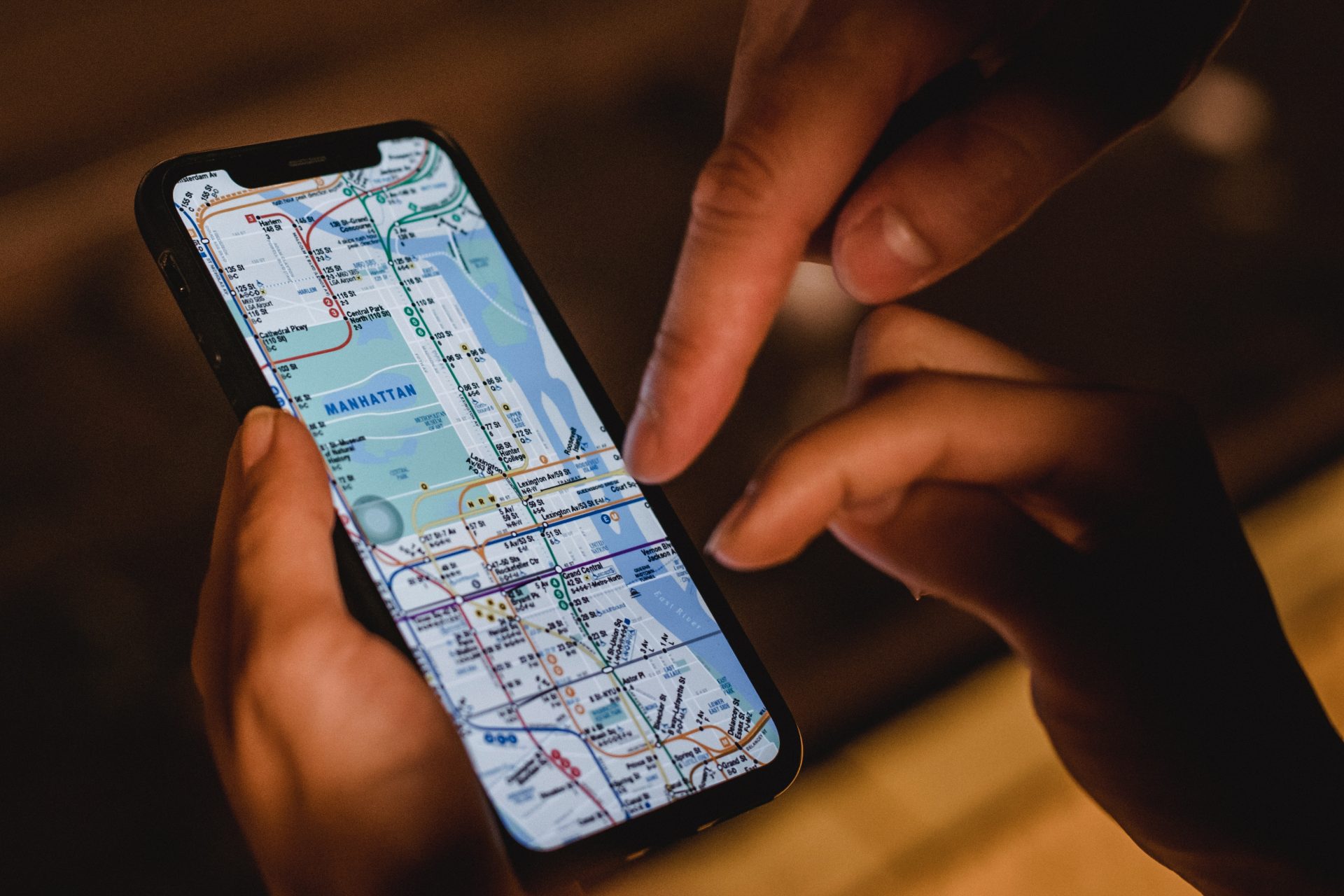Recent updates to Google’s Bard, the cutting-edge AI-powered search platform, have improved local search results by utilizing the specific location of users’ devices. Bard hopes to offer consumers more pertinent responses that are personalized to their particular region with the help of this new functionality. We will examine the specifics of this change and how it further enhances the user search experience in this article.
Google’s Bard has been developing over time to provide a more thorough and customized search experience. To improve its operation, it has added numerous upgrades and improvements throughout time. Bard introduced an image support function in May that enables users to examine visual content directly in search results1. Additionally, Google unveiled a number of new features and previews at I/O 2023, showcasing its dedication to innovation and consumer satisfaction1.
With the most recent version, Google’s Bard now uses users’ devices’ exact locations to deliver extremely relevant search results. Bard makes sure that it caters to the unique needs and interests of each user by accessing location data from their IP addresses, Home, and Work addresses from their Google Accounts. It will be seamlessly incorporated into Bard’s search algorithm for users who have already saved this data in Google Maps or Home1.
It now gives users the choice to allow access to their device’s specific location in order to improve the accuracy of location-based results. By doing this, consumers can get even more pertinent answers, especially when looking for information about eateries and other local attractions1. With the addition of this new feature, Bard’s search skills are now on level with Google Search’s, allowing users to take advantage of location-based search results.
It’s easy to enable accurate location access on Bard. After the most recent upgrade, users who visit the Bard website will be asked to approve the required location permission. This prompt will show up along with a notification that Bard is now more location-relevant. Users can provide Bard access to their exact position by selecting the “Update location” button1.
Users who have given permission can benefit from improved search results that are personalized to their location. The light/dark theme button and details about the user’s current city and its origin may be found in the bottom-left corner of the Bard interface. This added detail improves openness and clarifies to users how Bard is using their location data1.
Users gain from the inclusion of precise location in Bard’s search algorithm in a number of ways. Bard can provide more precise and pertinent search results by utilizing location data, especially when it comes to local companies and services. Bard may now offer specialized recommendations based on the user’s precise location1, whether they are looking for nearby eateries, stores, or entertainment locations.
Businesses also profit from this update because it makes it easier for them to efficiently reach their target market. Local companies can boost their visibility and draw more clients with the help of Bard’s accurate location feature. Businesses have the chance to display their goods and engage with potential clients by showing up in search results that are extremely relevant to users’ immediate surroundings.
Google’s Bard is another example of the company’s dedication to both innovation and user delight. With each update, Bard seeks to improve the search process and give consumers access to more precise and pertinent data. Bard uses cutting-edge technology to give the best search results, just one example of which is the integration of the device’s specific location.
Bard has a bright future ahead of it as Google continues to invest in its advancement and roll out new features. It distinguishes itself as a top search platform by fusing AI-powered algorithms with user-centric design concepts and meeting the requirements of both individuals and companies.
First reported on 9t05Google.









